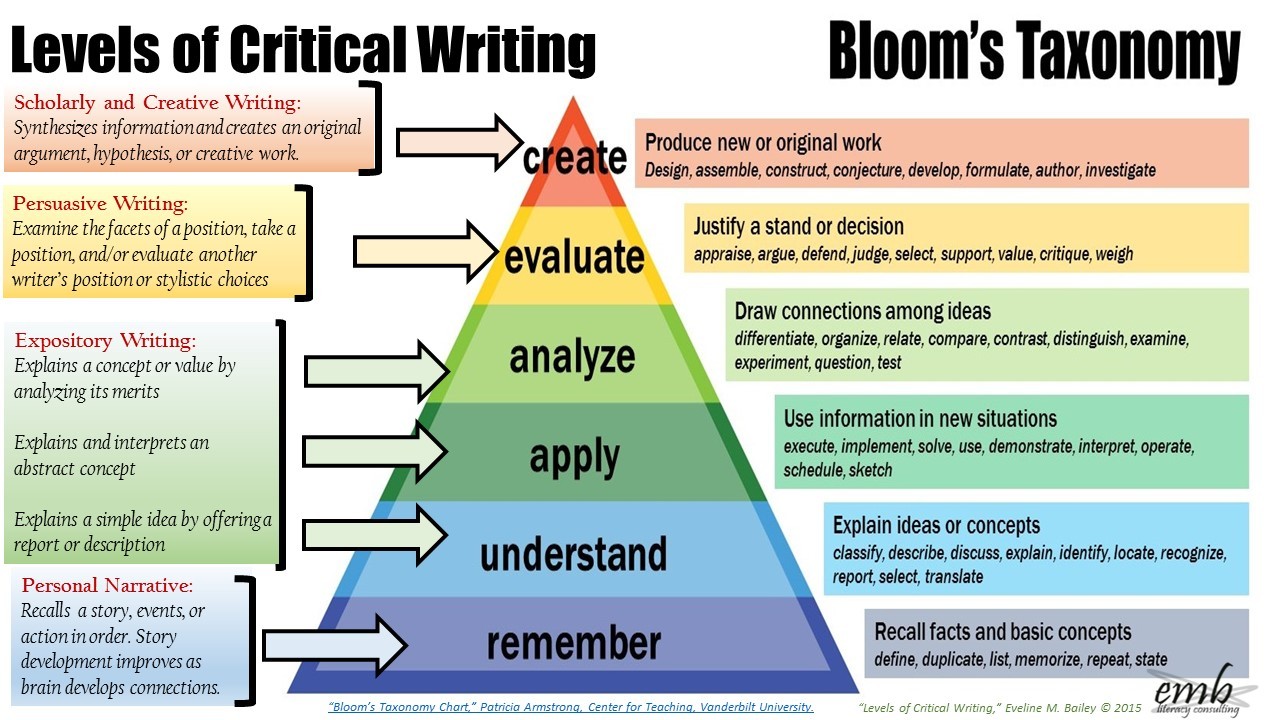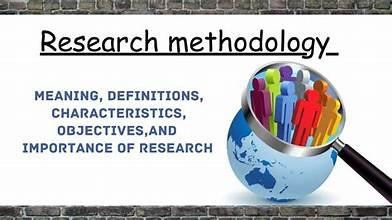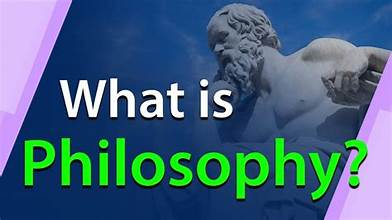Humanities studies are a broad, multidisciplinary field that examines human culture, expression, and experience across history. They use methods that are primarily analytical, critical, and interpretive, rather than empirical (like the natural sciences) or statistical (like much of the social sciences). The core purpose of the humanities is to help us understand what it means to be human, exploring questions about morality, meaning, history, and beauty.
The specializations within the humanities are diverse, covering various aspects of human thought, creativity, and societal development.
Key Areas of Specialization within the Humanities
The primary fields of study commonly recognized as specializations within the humanities include:
1. Philosophy and Religious Studies
- Philosophy: Explores fundamental questions about existence, knowledge, values, reason, mind, and language. Specializations include ethics, logic, metaphysics, and political philosophy.
- Religious Studies: The academic, non-sectarian study of religious beliefs, practices, and institutions, often focusing on history, cultural impact, and the interpretation of sacred texts.
2. Language and Literature
- Literature: The study and critical analysis of written works (prose, poetry, and drama) from different cultures, historical periods, and genres. Specializations can focus on specific national literatures (e.g., English, French, Chinese) or literary periods (e.g., Medieval, Romantic, Modern).
- Languages (Modern and Ancient): The study of human languages, encompassing fluency, cultural context, and the structure of the language. This includes foreign languages (e.g., Spanish, Arabic) and Classics (the study of ancient Greek and Latin languages and the cultures of classical antiquity).
- Linguistics: While often seen as a social science, the historical and interpretive study of language is central to the humanities, focusing on how language shapes culture and thought.
3. History
- History: The systematic collection, study, and interpretation of information about the past. Historians analyze documents, artifacts, and other evidence to understand societies, institutions, and human events over time. Specializations often focus on specific regions (e.g., European History, American History) or themes (e.g., economic history, intellectual history).
4. Arts and Culture
- Art History: The study of visual arts (painting, sculpture, architecture, photography) in their historical and cultural contexts. Specializations can focus on movements (e.g., Renaissance, Abstract Expressionism) or regional art.
- Performing Arts (Academic Study): The theoretical and historical study of music (musicology), drama, theatre, and dance, often focusing on their cultural significance and historical development rather than professional performance.
- Media and Cultural Studies: Examines contemporary culture, media, and technology, analyzing how they influence human values and societal norms.
5. Interdisciplinary and Related Fields
- Classics: The focused study of the language, literature, philosophy, history, and art of ancient Greece and Rome.
- Area Studies: Interdisciplinary programs that focus on a specific geographic or cultural region (e.g., Latin American Studies, Asian Studies), combining history, languages, and cultural analysis.
- Cultural, Ethnic, and Gender Studies: Programs like Women's Studies, Black Studies, or Queer Studies, which critically examine the histories, experiences, and cultural expressions of specific groups.
- Jurisprudence (Philosophy of Law): The study of the nature of law, legal reasoning, legal systems, and legal institutions.
- Communications: Focuses on how humans exchange information, including rhetorical studies and the historical evolution of communication channels.
Humanities vs. Social Sciences
It is important to note the distinction, as some fields often overlap:
- Humanities generally focus on interpretation, critique, and theoretical arguments regarding the human experience, culture, and values.
- Social Sciences (e.g., sociology, political science, psychology, anthropology, and economics) often employ empirical and quantitative methods to study human behavior, society, and institutions. However, the qualitative and historical aspects of fields like Anthropology and Political Science often bridge the two disciplines.



